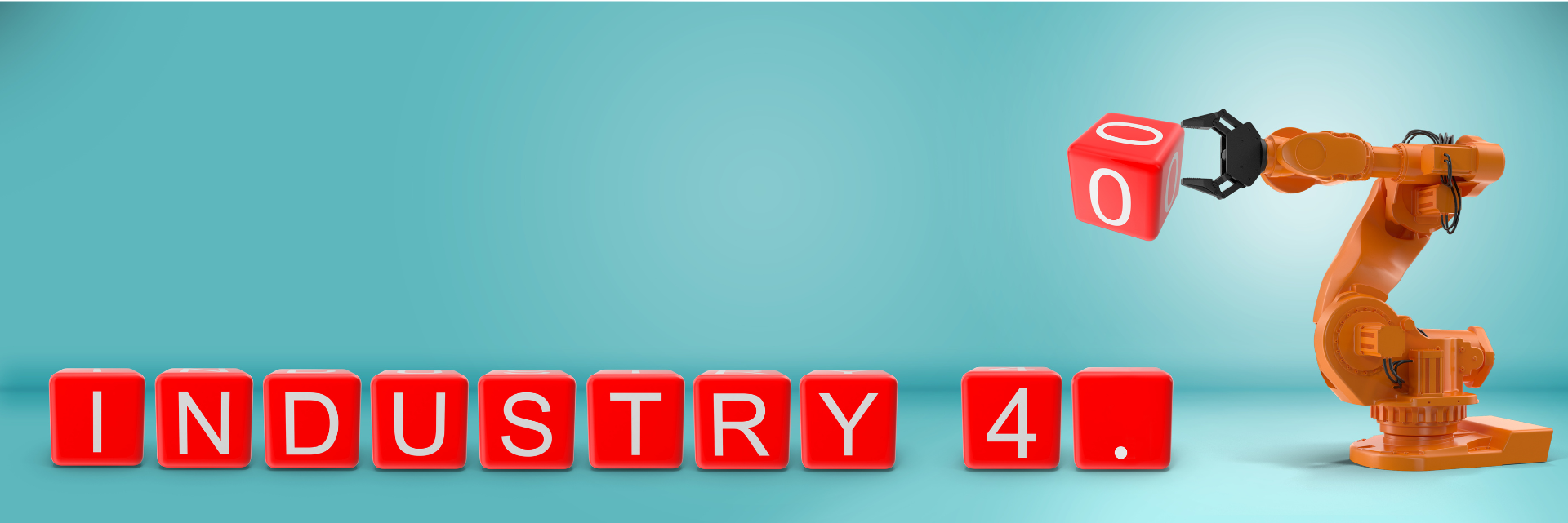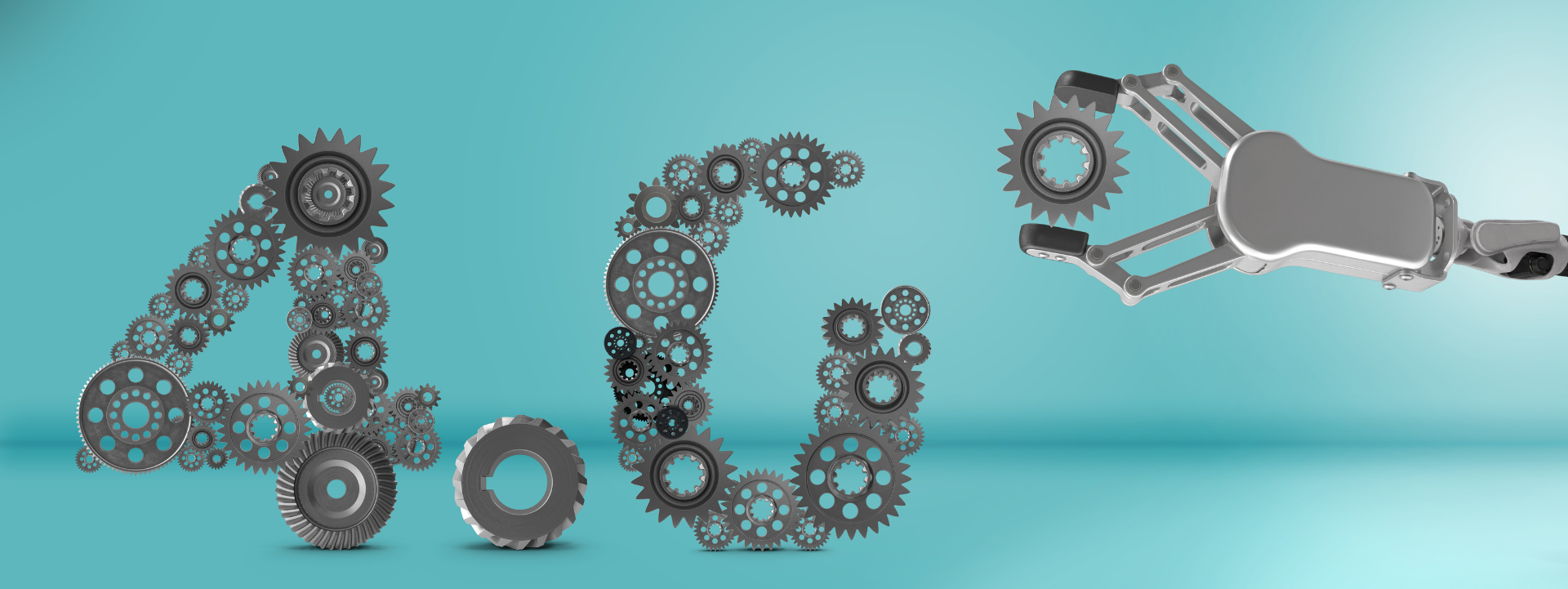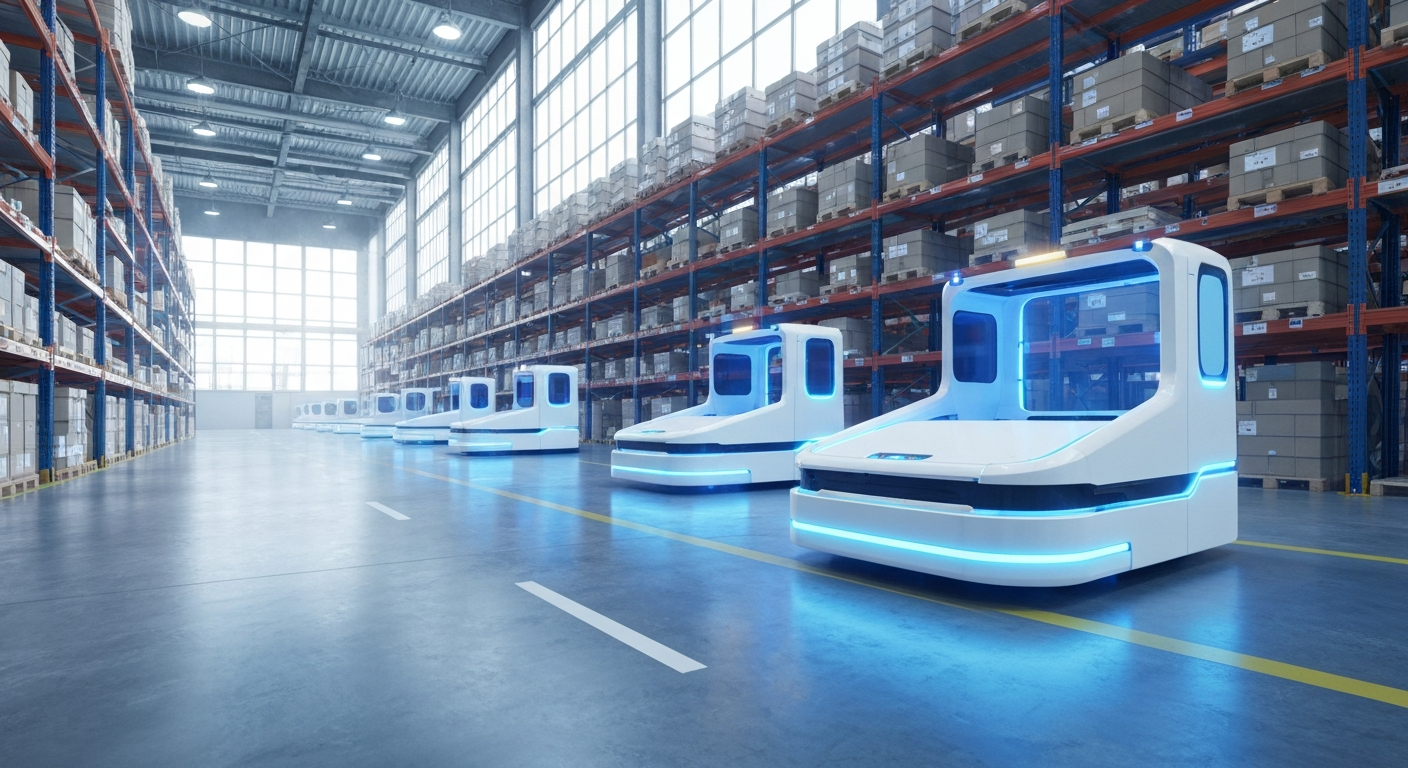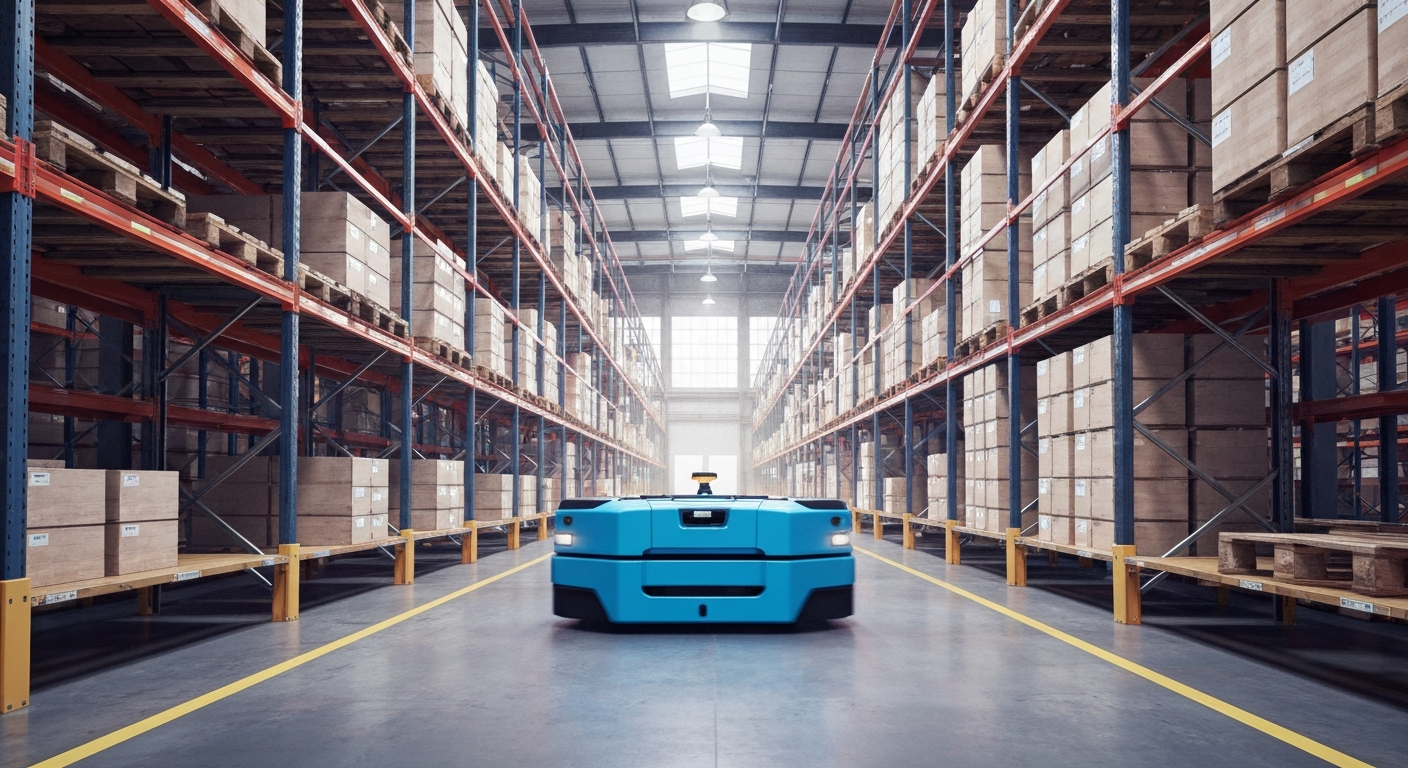In the context of Industry 4. 0, it is essential to adhere to industry standards to ensure seamless integration and interoperability between various systems and devices within smart factories. One notable initiative in this regard is the ISO/IEC standards, which offer comprehensive guidelines for achieving interoperability in the realm of smart manufacturing. These standards provide a structured framework that enables different technologies, devices, and systems to communicate effectively with each other, facilitating efficient data exchange and collaboration within the manufacturing ecosystem. By following these standards, industries can streamline their operations, enhance productivity, and maximize the benefits derived from Industry 4. 0 technologies.
In the era of Industry 4. 0, there are numerous cutting-edge applications that are revolutionizing various sectors. One such application is smart manufacturing systems, which leverage real-time data analysis to optimize production processes. This ensures efficient resource allocation, reduces downtime, and enhances overall productivity. Another remarkable application of Industry 4. 0 is predictive maintenance systems. By analyzing data patterns and monitoring equipment performance in real-time, these systems can predict potential failures before they occur. This proactive approach helps prevent costly breakdowns, minimize production disruptions, and extend the lifespan of machinery. Autonomous robots play a significant role in Industry 4. 0 as well. These sophisticated machines are designed to work collaboratively with human workers, performing tasks that require precision and repetitive movements. By taking on routine or hazardous tasks, autonomous robots enhance worker safety and improve overall efficiency. Furthermore, supply chain optimization through connected sensors and logistics tracking systems has become increasingly important in Industry 4. 0. These technologies enable seamless communication between different stages of the supply chain network by providing real-time information on inventory levels, shipment status updates, and demand fluctuations. As a result, organizations can streamline their operations by reducing costs associated with excess inventory or delays in delivery. Overall, these examples illustrate how Industry 4. 0 applications are transforming traditional industries by leveraging advanced technologies such as real-time data analysis, predictive maintenance systems, autonomous robots, and supply chain optimization tools to enhance productivity and efficiency while reducing costs for businesses worldwide.
Industry 4. 0, also known as the Fourth Industrial Revolution, marks a significant paradigm shift in the way industries operate. This transformative wave is characterized by the integration of cutting-edge technologies such as artificial intelligence, Internet of Things (IoT), big data analytics, and automation into manufacturing processes. These technological advancements enable the creation of smarter factories that are driven by data and optimized for improved productivity, sustainability, and competitiveness in today's fast-paced business landscape. By harnessing the power of Industry 4. 0 technologies, manufacturers can achieve unprecedented levels of operational efficiency and agility. The ability to collect and analyze vast amounts of real-time data from various sources allows for better decision-making and process optimization. This leads to increased productivity as well as cost savings through reduced downtime and waste. Furthermore, Industry 4. 0 paves the way for more sustainable manufacturing practices. With enhanced connectivity between machines and systems, manufacturers gain better visibility into their energy consumption patterns, enabling them to identify areas for optimization and implement energy-efficient solutions. This not only reduces environmental impact but also contributes to long-term cost savings. In addition to productivity gains and sustainability benefits, embracing Industry 4. 0 technologies enhances a company's overall competitiveness in today's global market. By leveraging advanced analytics capabilities offered by AI-powered algorithms, businesses can gain valuable insights into customer preferences and market trends. These insights enable organizations to tailor products or services according to evolving customer demands promptly. In summary, Industry 4. 0 represents a revolutionary shift that empowers industries with technology-driven solutions aimed at creating smarter factories with superior productivity levels, sustainable operations practices, and heightened competitive advantages in an ever-evolving marketplace.





